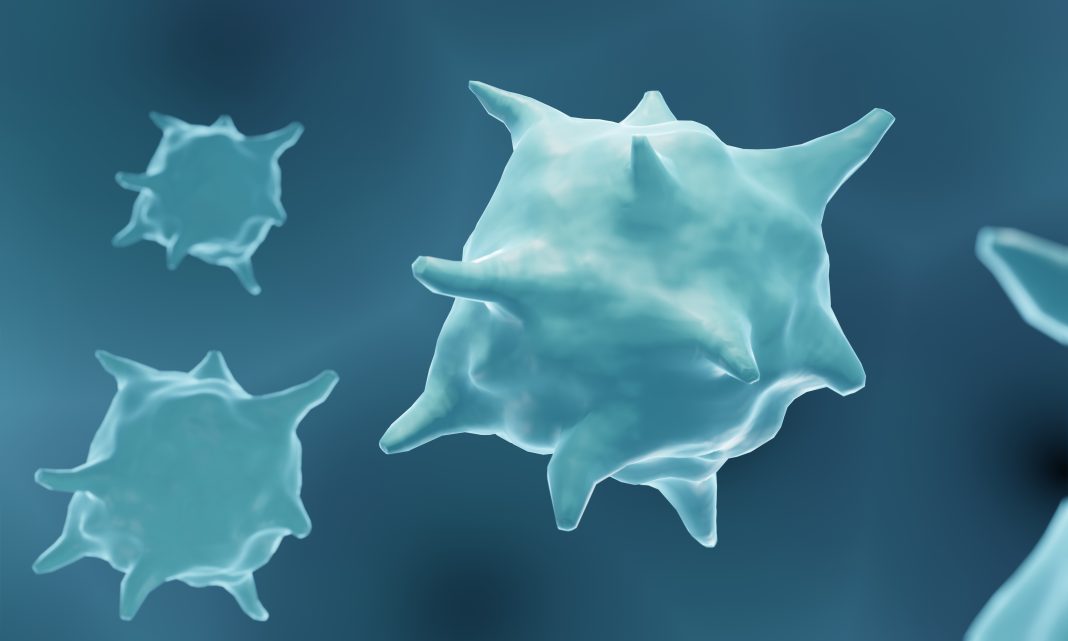There are various studies that have explored the role of the body’s circadian rhythm in regulating immune activity. Disruptions in the circadian rhythms exacerbate inflammation. Researchers from the Royal College of Surgeons in Ireland (RCSI) University of Medicine and Health Sciences have previously studied how the immune cells called macrophages are affected without an internal body clock. Now, new research by RCSI describes how macrophages work differently at various times of day and could pave the way for time-targeted treatments for inflammatory diseases. The research also illuminates a key role for mitochondria in driving daily changes in immune activity.
The findings are published in The FASEB Journal in an article titled, “Time-of-day control of mitochondria regulates NLRP3 inflammasome activation in macrophages.”
Macrophages release interleukin-1 (IL-1) cytokines in response to inflammatory stimuli, and the NLRP3 inflammasome mediates IL-1-family cytokine release via pyroptosis. Mitochondria play a multifaceted role regulating NLRP3 inflammasome activity. However, whether the macrophage clock regulates the NLRP3 inflammasome via mitochondrial control remains unclear.
The researchers observed activation of NLRP3 was not found to be constant throughout the day but was regulated by the body’s 24-hour circadian clock.
“We find heightened mitochondrial membrane potential (Δψm) and enhanced NLRP3 inflammasome activation from peritoneal exudate cells (PECs) isolated at circadian time (CT) 12 compared to CT 0,” the researchers wrote. “In vitro time-of-day synchronization of bone-marrow-derived macrophages (BMDMs) induced time-dependent differences in NLRP3 inflammasome activation. Myeloid-specific Bmal1-deletion enhanced NLRP3 inflammasome activity in PECs at CT0 and in unsynchronized BMDMs compared to controls. Pharmacologically disrupting Δψm in synchronized cells reduced NLRP3 inflammasome activation to comparable levels, and the same occurred with Bmal1-deletion. These results further demonstrate circadian clock timing of the NLRP3 inflammasome, which is dependent on mitochondrial function and driven through the circadian gene Bmal1.”
“When macrophages ‘think’ it’s morning, their inflammasome activation is quicker and more robust,” explained Annie Curtis, PhD, a professor and principal investigator for the study at RCSI School of Pharmacy and Biomolecular Sciences. “This means the immune response is heightened during the early part of the day, a time when we are awake and more likely to encounter environmental challenges, such as injuries or infections.”
The study has significant implications for understanding and treating inflammatory diseases, such as arthritis, where overactive inflammasomes play a key role. Symptoms of such diseases often worsen in the morning, something this research may help explain.
“With these findings, there’s potential to refine treatments for inflammatory conditions,” said James O’Siorain, PhD, lead author of the study. “For instance, new therapies targeting inflammasomes could be more effective if administered at specific times of the day when macrophage activity peaks.”



